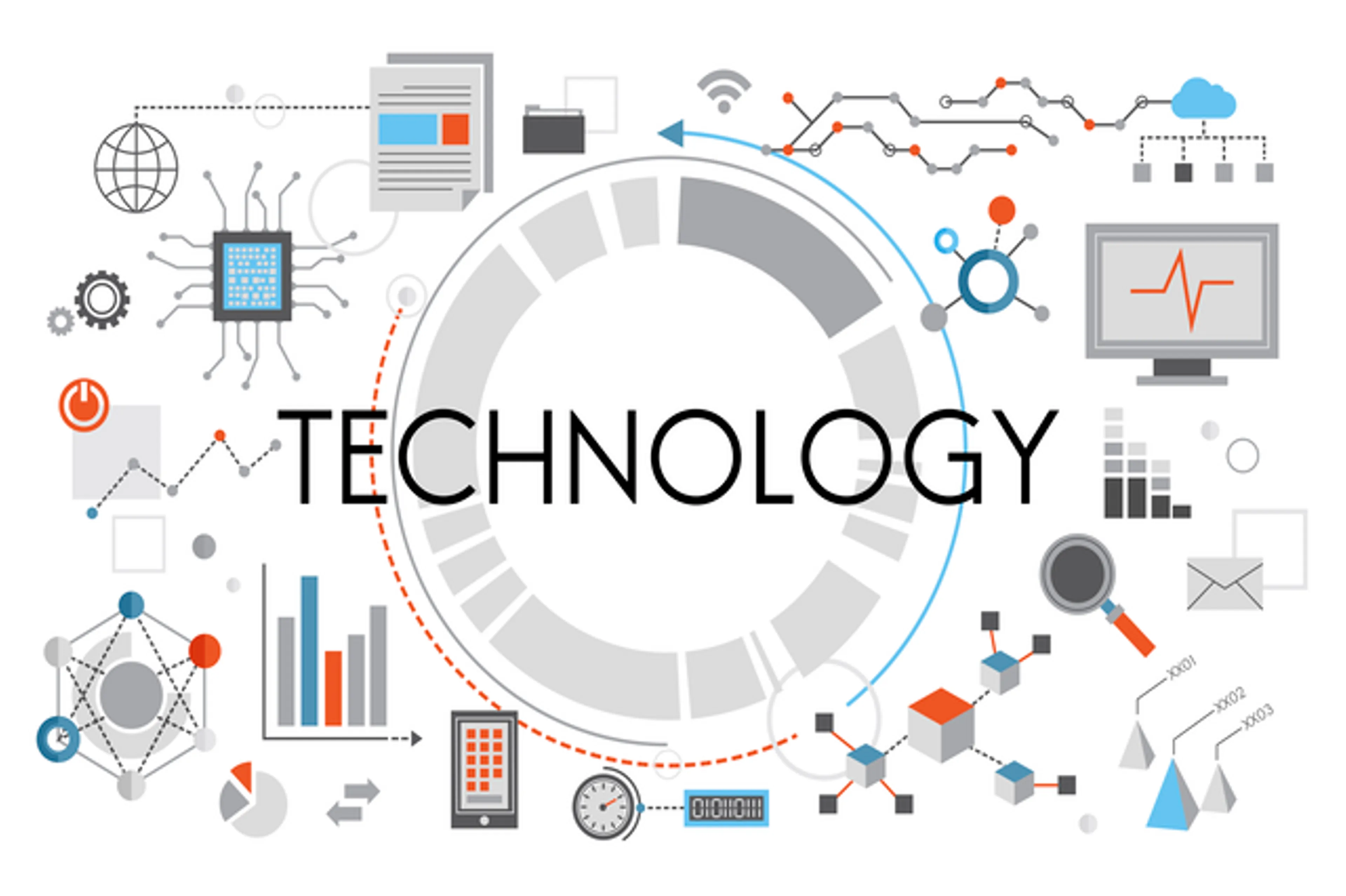Segment 1: Introduction
Quantum computing, a revolutionary paradigm in the field of technology, holds the promise of transforming the way we process information and tackle complex problems. Unlike classical computing, which relies on bits represented as 0s and 1s, quantum computing leverages quantum bits or qubits, which can exist in multiple states simultaneously, thanks to the principles of superposition and entanglement. This unique property allows quantum computers to perform certain computations exponentially faster than their classical counterparts.
In recent years, researchers and tech companies have made significant strides in understanding and harnessing the potential of quantum computing. This article delves into the cutting-edge developments, current challenges, and potential applications of quantum computing in the tech industry. By exploring this rapidly evolving field, we can gain insights into how quantum computing may reshape various sectors, ranging from cryptography and optimization to machine learning and drug discovery.
Segment 2: Foundations of Quantum Computing
To comprehend the potential of quantum computing, one must first grasp its foundational principles. Quantum mechanics governs the behavior of quantum systems, and quantum computing exploits its fundamental concepts. The core elements include superposition, entanglement, and interference. Superposition enables qubits to exist in multiple states simultaneously, exponentially increasing computational capacity. Entanglement links qubits in a way that the state of one qubit instantly influences the state of another, even at vast distances. This phenomenon promises secure communication and efficient parallel processing.
Quantum gates, analogous to classical logic gates, manipulate qubits through quantum operations. Furthermore, quantum algorithms, such as Shor's algorithm for factoring large numbers and Grover's algorithm for database search, demonstrate the speedup quantum computers can provide over classical computers. However, harnessing this potential remains challenging, as qubits are highly sensitive to environmental noise, requiring sophisticated error-correction techniques.
Segment 3: Quantum Computing Technologies
In the pursuit of realizing practical quantum computing, several technologies have emerged, each with its strengths and challenges. Superconducting qubits, trapped ions, and topological qubits are some of the most prominent approaches.
Superconducting qubits operate on the principles of superconductivity, where electrical resistance disappears at extremely low temperatures. They have made significant progress in recent years, achieving quantum supremacy, where a quantum computer outperforms classical counterparts on a specific task.
Trapped ions employ laser-trapped charged atoms as qubits, offering excellent qubit coherence and precision control. They have demonstrated high-fidelity operations and are considered a leading candidate for scalable quantum computing.
Topological qubits, based on exotic particles called anyons, possess inherent error resilience due to their non-Abelian braiding properties. This trait makes them less susceptible to decoherence, making them a compelling avenue for fault-tolerant quantum computation.
Segment 4: Current Applications and Progress
While quantum computing is still in its early stages, notable progress has been made in exploring practical applications. One of the most promising areas is cryptography. Quantum computers have the potential to break widely-used cryptographic systems like RSA and ECC by efficiently factoring large numbers. To counter this threat, post-quantum cryptography is being developed, which relies on algorithms resistant to quantum attacks.
Another area where quantum computing shows great potential is optimization. Problems involving complex optimization, such as supply chain logistics, financial portfolio management, and traffic routing, can benefit from quantum algorithms like the Quantum Approximate Optimization Algorithm (QAOA) and the Quantum Minimum Finding Algorithm.
Machine learning is also being revolutionized by quantum computing. Quantum machine learning algorithms, like quantum neural networks and quantum support vector machines, promise faster training and more efficient solutions for certain tasks.
Drug discovery and material simulations stand to gain from quantum computing's ability to model molecular interactions with unparalleled accuracy. Quantum computers could help simulate drug reactions and molecular properties, accelerating the discovery of new medicines and materials.
Segment 5: Challenges and the Path Ahead
Despite these exciting advancements, quantum computing still faces significant challenges. Scaling quantum systems to a level where they outperform classical computers consistently remains a major hurdle. The delicate nature of qubits necessitates error correction, which introduces additional overhead and complexity.
Researchers are exploring various quantum error correction codes and hardware improvements to address these issues. Additionally, controlling and stabilizing large numbers of qubits while maintaining coherence is a formidable task.
Looking forward, collaboration between academia, industry, and governments is crucial for driving progress in quantum computing. Building quantum-safe cryptography standards and exploring hybrid quantum-classical approaches could help bridge the gap between current limitations and real-world applications.
Conclusion
Quantum computing is a rapidly evolving field with immense potential to revolutionize technology as we know it. As researchers and companies explore the principles of quantum mechanics, novel technologies and quantum algorithms are emerging, showcasing the potential of quantum computers in solving complex problems efficiently. The journey towards practical quantum computing faces obstacles, but the promise of quantum supremacy, quantum-safe cryptography, and accelerated drug discovery make it a path worth pursuing. Collaborative efforts and continued research will pave the way for a quantum-powered future that unlocks unprecedented possibilities in the tech industry.


